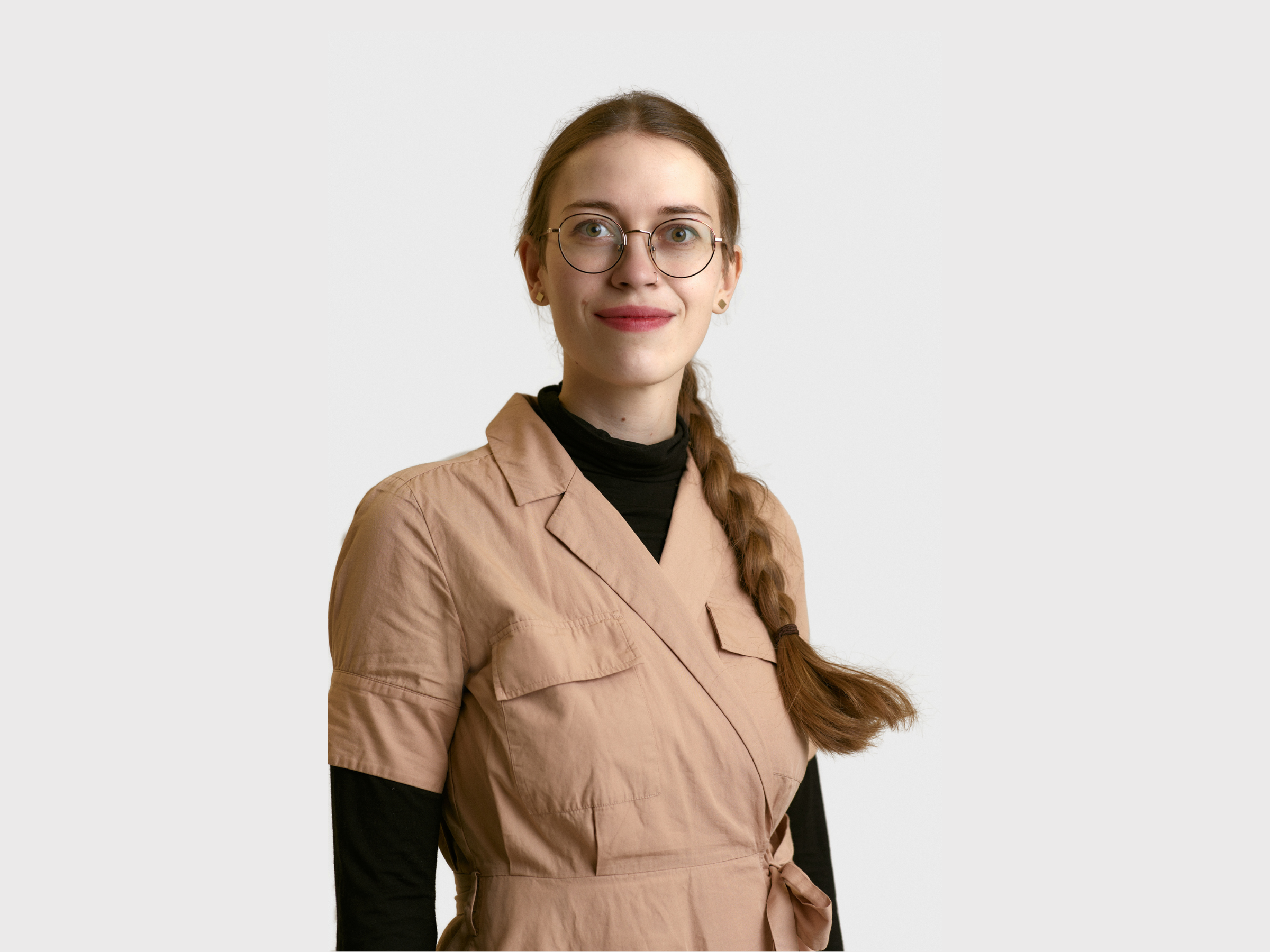Meet the ED Awards 25 Jury: Michaela Holubec Birtusová (Czechia)
January 22, 2025

Branding & Packaging, Czechia, EDAwards Jury, EDAwards25
Michaela Holubec Birtusová is a seasoned designer and project manager whose career has been defined by innovation, leadership, and a dedication to advancing the field of design. Currently with Czechdesign, Michaela is widely recognized for her expertise in packaging design and her contributions to both national and international projects.
From 2016 to 2022, Michaela worked as a design consultant, crafting innovative packaging solutions for prominent brands across Europe. Her work has since evolved into multidisciplinary and service design, with a particular focus on enhancing user experiences. Her projects include groundbreaking initiatives like wayfinding systems in public spaces, which merge practical functionality with thoughtful design.
Beyond her professional accomplishments, Michaela is a dynamic voice in the design community. As a speaker at conferences, author of insightful design articles, and frequent member of design juries, she continues to shape the discourse on design’s role in society.
With her expertise and forward-thinking approach, Michaela Holubec Birtusová brings a wealth of insight to the European Design Awards jury. Her commitment to innovation, inclusivity, and design as a tool for change embodies the spirit of European creativity.
Q: What makes the European Design Awards special to you?
A: The European Design Awards are special because they provide a unique platform for designers, particularly new ones to the field, to showcase their work on an international stage. It can be challenging to gain visibility and recognition as a designer, and participating in a competition like this offers a chance to break through. Moreover, seeing your work in the context of international peers allows for a broader perspective and valuable insights.
Q: What excites you most about European design today?
A: European design has a rich history, deeply rooted in traditions like the Arts and Crafts movement and institutions like the Bauhaus. What excites me most is how design in Europe has evolved to focus on softer goals—designing processes, services, policies, environments, and interactions. There’s a strong emphasis on inclusivity and accessibility, not just in design outcomes but also in the design process itself. The role of European design today is to remain grounded in its philosophical and systemic traditions while pioneering new horizons. Designers are increasingly seen as facilitators of change, tackling challenges like climate change, automation, AI, and biotechnology. This capacity for big-picture thinking is inspiring.
Q: Is there a particular trend or approach in design that you think represents the future of creativity in Europe?
A: Dreaming big, I believe the design approaches such as design thinking, but also its critical approaches, will become fundamental for problem-solving across all disciplines. It’s a way of working that encourages creativity, empathy, and adaptability—qualities that will be indispensable for the challenges of the future. Integrating design approaches into basic education could empower future generations to view complex problems with a creative mindset, whether or not they become designers themselves.
Q: What advice would you give to designers aspiring to stand out in a competition like the European Design Awards?
A: Think beyond the everyday design brief. Dare to dream big, and tackle ambitious challenges. A designer’s mindset allows for innovative solutions even when the outcome might be something as simple as a poster or a website. Focus on the bigger impact of your work—what story does it tell, and how does it push boundaries?